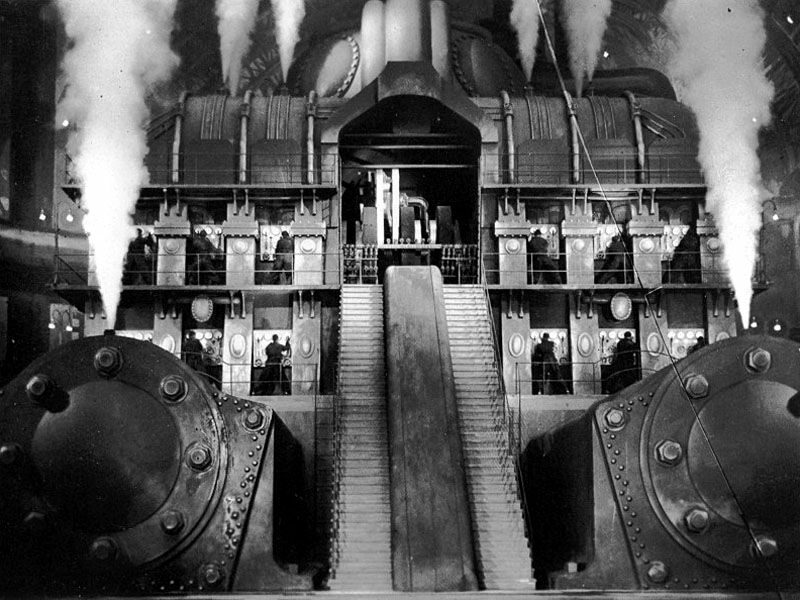IHS Advanced Studies Summer Seminar, “Liberty & Scholarship: Challenges and Critiques” Bryn Mawr College, Philadelphia, PA.
Date: 13-19 June, 2015
Lectures on:
- “The Classical Liberal Tradition – A History of Ideas and Movements over 400 Years” – two lectures
- “Images of Liberty and Power: State Propaganda and its Subversion”
- “Competing Visions of the Future: Socialist and Classical Liberal”
Lecture 3. “Competing Visions of the Future: Socialist and Classical Liberal” – PDF 6MB and HTML
Outline: One’s vision of the future depends upon one’s attitudes towards the following:
- human nature: will it stay the same or must it be changed?
- social and economic institutions: will they be similar to those which exist today or will new ones replace them?
- the role of the State and other coercive institutions: can people run their own lives harmoniously or do they need guidance and control?
- science and technology: should one be optimistic or pessimistic about their impact?
Long socialist tradition of writing utopian visions of a future socialist society, with the following features:
- the economic problem of scarcity and the knowledge problem have been eliminated
- the creation of a “New Socialist Man”
- children prepared for life in the new society by being taken from their families, public schooling, service in the military
- communal living, ownership of property, working arrangements
- the end of wage labour and profits
- rule by a wise and humane managerial elite who rationally plan all aspects of society and the economy
Examples of socialist visions of the future: from the garden of Eden to Star Trek
CLs have far fewer utopian visions of the future (why?) but many dystopian visions of the state run wild:
- some examples of a CL utopian future: from Bastiat to Ayn Rand
- examples of a CL dystopian future: from Eugen Richter to “The Hunger Games”
The CL dilemma: there is no one vision of a free, peaceful, and prosperous future society. How then to accommodate different people pursuing their own different visions of the “good life”?
- Nozick’s idea of competing utopias in a “framework for utopias”
- Kukathas – the liberal archipelago of “different jurisdictions operating in a sea of mutual toleration”

